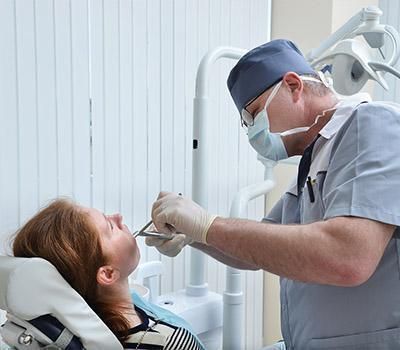The way it affects your sleep cycle, health, and relationships.
What are the different types of snoring?
Snoring might indicate that you are not getting a good sound sleep. Snoring occurs as the body cannot move air freely through the nose and throat due to the partial closing of the upper airway. There are four types of snoring such as:
Mouth-based Snoring
If someone breathes through their mouth while sleeping, it may cause mouth snoring or “palatal fluttering.” This is the most commonly seen type of snoring. This one occurs probably because of blocked nasal passages, loose soft-palate tissue, or enlarged tonsils. If you cannot breathe through your nose due to a blockage, then you breathe from your mouth, which leads to vibration of the soft palate tissues, resulting in the snoring sound.
Nose-based Snoring
Blocked nostrils may end up giving you a blocked airway, causing nasal snoring. This might occur due to a number of reasons such as:
- Pet and dust allergies
- Nose stiffness
- Cold
- Certain medications
It can be treated through following ways:
- A deviated septum needs surgery
- Air purifiers can reduce snoring caused by dust allergies.
- Quitting smoking
- Nasal dilator strips or a nasal rinse can be effective in avoiding snoring caused by cold or stiffness.
Tongue-based Snoring
While lying down on the back, when the tongue relaxes more than usual, it blocks the airflow into the lungs, making it hard to breathe, causing tongue-based snoring. This can be seen in people who drink a lot of alcohol, use sleep medication, or have too much fat around the neck. This can usually be treated with snoring mouthpieces or mandibular advancement appliances.
Throat-based Snoring
This snoring can be considered the loudest and a very dangerous one. It occurs as a result of sleep apnea, where a person takes several breaks while breathing at night while asleep. This condition is commonly treated using CPAP therapy, UPAP therapy, and UAS therapy.
What are the common symptoms of snoring?
Common symptoms that show you might be snoring at night are:
- Waking up with a sore throat
- Having headaches in the morning
- Feeling sleepy during daytime
- Having trouble memorizing, learning, or concentrating
- Facing mood swings
- Having short-temper, anxiety, or even depression
- High blood pressure
Snoring might often be a sign of obstructive sleep apnea (OSA), so the symptoms below may help indicate if you have OSA, along with further evaluation from a dentist/doctor.
- Sleeping restlessly
- Taking pauses while breathing during sleep
- Gasping or choking at night
- Pain in chest
- Getting up too often throughout the night to use the bathroom
Snoring Link to Sleep Apnea
Not all people who snore have sleep apnea; instead, many diagnosed with sleep apnea complain of snoring.
Sleep apnea is a serious sleep disorder that should be given immediate medical attention. Sleep-apnea snores have long pauses along with noise and loud gasps, or even choking and snorting sounds. Often, it is the partners who observe this happening. Snoring of any kind should not be ignored. Get it diagnosed by a sleep specialist to avoid any chances of sleep apnea which over time may cause medical conditions like heart disease or type 2 diabetes.
Office Hours
MON - TUE 8:00 am - 5:00 pm
WED - THU 12:00 pm - 8:00 pm
FRI Closed
SAT 8:00 am - 5:00 pm
SUN Closed








